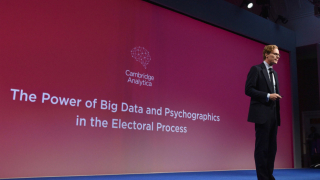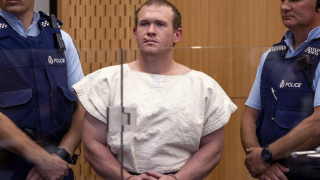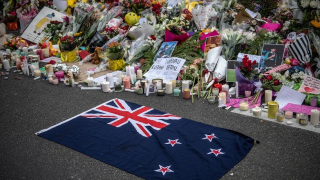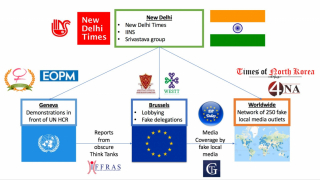Cyberattack hits New Zealand Treasury
Wednesday, 29 May, 2019 - 17:24
On Tuesday evening, New Zealand Treasury, which has access to Budget information, released a statement saying there was enough evidence to show its systems had been systematically hacked.
Treasury Secretary Gabriel Makhlouf said hackers attacked government systems 2,000 times over 48 hours in attempt to obtain information on the new budget to be published on Thursday. There is no evidence that any personal information held by the Treasury has been subject to this hacking.
Makhlouf told Radio New Zealand on Wednesday that "Somebody managed to penetrate and get some information, not the whole budget" .
He dismissed assumptions that the data was released accidentally by Treasury staff oversight. That suggestion came from the opposition National Party, which published details of leaked budget on Tuesday.
"What I do have are these multiple, persistent, systematic, deliberate attempts to access our systems," Treasury Secretary said.
Leader of the National Party Simon Bridges refused to name the source from which he received information about the budget but denied involvement of his party to any hacker attacks.
"We have acted entirely appropriately. We have done nothing illegal," he told reporters.
The Treasury takes the security of all the information it holds extremely seriously. It has taken immediate steps today to increase the security of all Budget-related information and will be undertaking a full review of information security processes. Budget documents are a closely guarded secret and Makhlouf said the department was treating the security breach extremely seriously.
The Treasury has referred the matter to the Police on the advice of the National Cyber Security Centre. It is still unknown whether the cyberattack originated in New Zealand or offshore, and now the police must figure out who is responsible for hacking.
This year's document is the so-called "well-being" budget, which it says is a world-first attempt to change the way economic progress is measured, putting people ahead of growth.
More News
22.11.2024 - 12:15
22.11.2024 - 11:37
22.11.2024 - 10:59
22.11.2024 - 10:56
22.11.2024 - 09:18
22.11.2024 - 09:16















